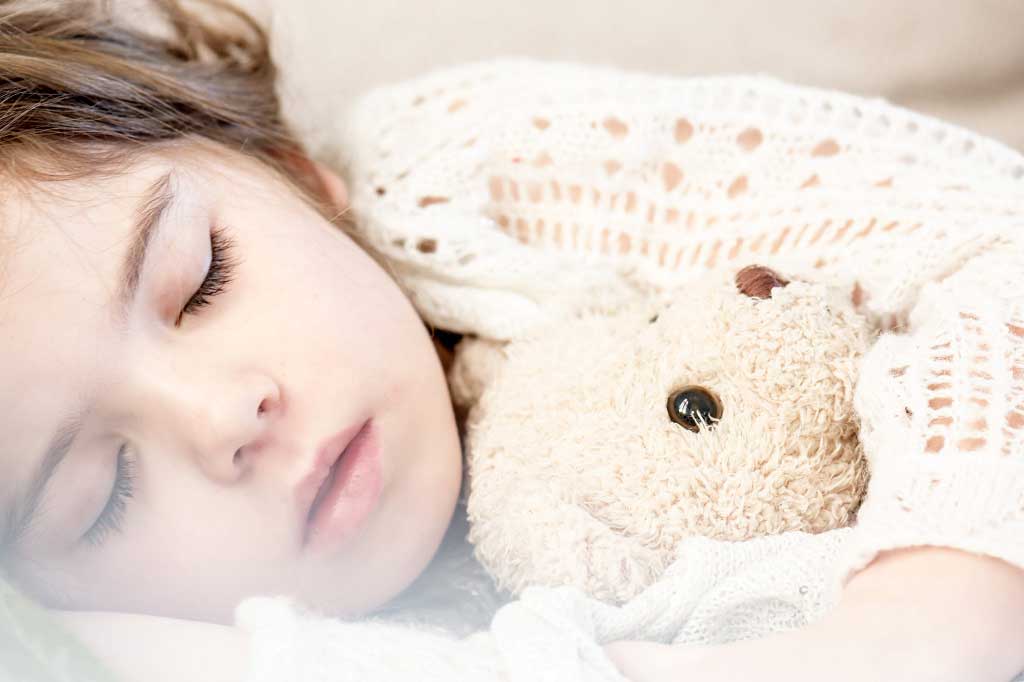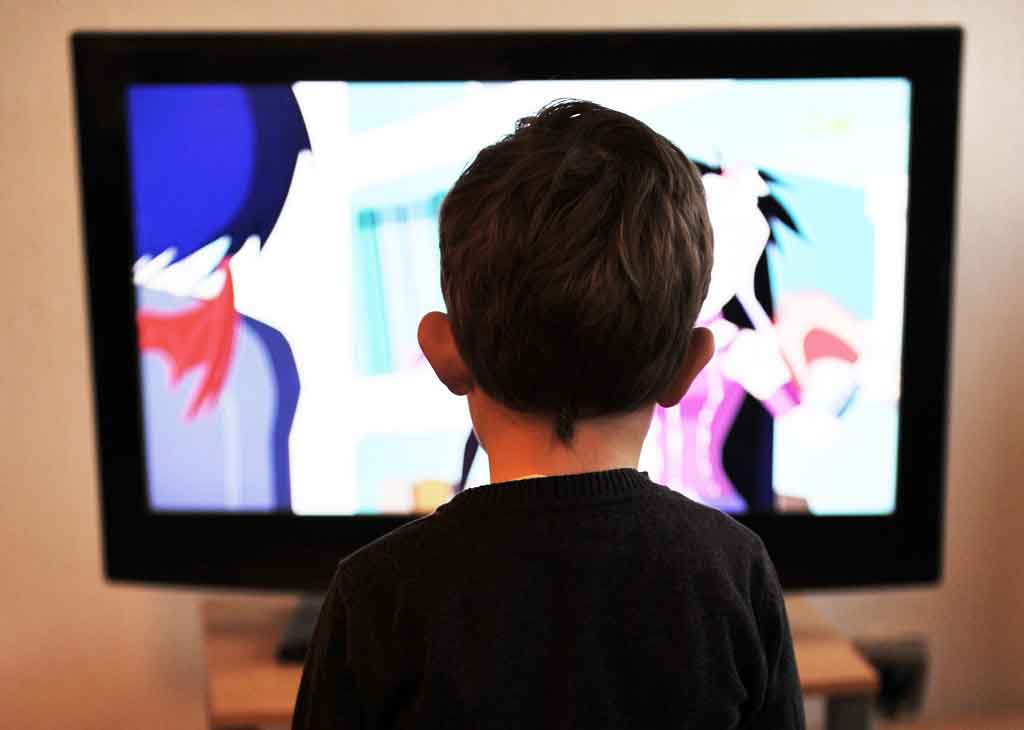Babies put into their own room at six months 'sleep longer'
Pregnancy and child
"Babies moved into their own room at six months sleep better and are lower risk of obesity, poor sleep patterns and tantrums," reports The Sun. This is based on a US study looking at room-sharing…
"Babies moved into their own room at six months sleep better and are lower risk of obesity, poor sleep patterns and tantrums," reports The Sun.
This is based on a US study looking at room-sharing of 230 mother-infant pairs and infant sleep patterns.
However, despite the headlines, the study did not look at babies' ongoing sleep patterns or the risk of obesity.
The study found that infants who slept independently (not in the same room as their mother) by 4 months or after 4-9 months did sleep for longer in both the short and longer-term. At 9 months "independent sleepers" slept around 40 minutes per night longer than "room-sharers".
Worryingly, researchers also found an association between room-sharing and unsafe sleep practices that have been linked with sudden infant death syndrome (SIDS), such as use of blankets and pillows, or parents bringing the baby into bed with them. But no cases of SIDS were reported.
The results would appear to contradict recent US guidelines, which recommend room-sharing for the first year. This differs from NHS guidance, which recommends keeping your baby in a separate cot in your room for just the first six months.
Where did the story come from?
The study was carried out by researchers from Penn State College of Medicine, the University of Connecticut, the University of Buffalo and the University of Georgia, all in the US.
The research was funded by grants from a range of US institutions including Penn State College of Medicine, the Children's Miracle Network at Penn State Children's Hospital, the US Department of Agriculture, the Penn State Clinical and Translational Science Institute and the National Institutes of Health.
The study was published in the peer-reviewed medical journal Pediatrics on an open-access basis, meaning it is free to read online.
The quality of the UK media's reporting of the study was patchy in places. As mentioned, The Sun inaccurately implied that the researchers looked at obesity risk. While other research has found an association between poor sleep and obesity in later life, this was not investigated in this study.
Also, the Mail Online's claim that infants put in their parents' room after the age of six months "lose the ability to soothe themselves" is not something the study researched or reported either.
What kind of research was this?
This was a secondary analysis of data collected in a randomised controlled trial comparing a parenting intervention with a control group in mothers and their infants.
The researchers specifically set out to look at the associations between room-sharing (but not bed sharing) and sleep patterns of the infants. They also wanted to look for links between independent sleeping and risk factors for sudden infant death syndrome (SIDS).
Secondary data analysis is a useful way of carrying out a study using data that already exists. However, because the study has already been carried out, researchers are only able to analyse and draw conclusions from the limited data they have.
What did the research involve?
Researchers took 230 mother-infant pairs from the US who were participating in the Intervention Nurses Start Infants Growing on Healthy Trajectories (INSIGHT) study and looked at the association between independent sleeping and sleep outcomes.
Infants were first-borns and of a healthy weight. Mothers were English speaking and over 20 years of age. Parents who reported bed-sharing with their infant were excluded.
Research nurses visited homes when infants were 3 to 4 weeks old and then again at 4, 6 and 9 months.
The Brief Infant Sleep Questionnaire was used to assess sleep at 4 and 9 months of age, with a shorter version used at 12 and 30 months.
This survey assesses infant sleep location, activities before bedtime, and sleep patterns. Sleep duration is split into night time (7pm-7am) and daytime (7am-7pm).
At 4 and 9 months, other questions regarding sleep were asked, including night waking, night feedings and duration, infant sleep behaviours and environment and parenting responses to night waking.
Background characteristics included child race/ethnicity, maternal education, annual income and marital status. They also assessed maternal age, pre-pregnancy weight, pregnancy weight gain, whether the infant was born at term, and the infant's body measurements.
What were the basic results?
The results showed that of the 230 infants:
- 62% were "early independent sleepers", meaning that by 4 months, they were sleeping independently without room sharing
- 27% were "later independent sleepers", meaning that by 4-9 months they were sleeping independently
- 11% were still room-sharing at 9 months
At 4 months, early independent sleepers had longer periods of uninterrupted sleep, with a longest "sleep stretch" averaging 469 ± 189 minutes compared with 423 ± 158 minutes for room-sharers.
Independent sleepers also had fewer night feedings (1.1 vs 1.4) at 4 months compared with room-sharers.
At 9 months, early independent sleepers slept 627 ± 67 minutes per night compared with 601 ± 73 minutes for later independent sleepers and 587 ± 83 minutes for those still room-sharing at 9 months. Early independent sleepers also slept for longer stretches at a time than late independent sleepers or room sharers.
At 30 months, both early and later independent sleepers slept on average over 45 minutes longer at night than those who were room-sharing at 9 months (614 ± 51 vs 617 ± 70 vs 569 ± 79).
At 4 months, room-sharing infants had higher odds of having unapproved objects on their sleep surface, such as a blanket, pillow, or positioner (adjusted odds ratio [aOR] 2.04, 95% confidence interval [CI] 1.17 to 3.57).
At both 4 and 9 months, room-sharing parents had 4 times higher odds of bringing their infant into their bed overnight (aOR 4.24, 95% CI 1.64 to 10.95).
Room-sharing was associated with demographic factors such as race/ethnicity, lower income and education, unmarried and/or not cohabiting with a partner, having fewer bedrooms in the home and having extended family or other people living at home.
How did the researchers interpret the results?
The researchers concluded that "room-sharing at ages 4 and 9 months is associated with less night-time sleep in both the short and long-term, reduced sleep consolidation, and unsafe sleep practices previously associated with sleep-related death."
Conclusion
The study shows an association between infant and parent room-sharing at 4 and 9 months and infants sleeping for less both in the short and longer term. It also showed a link between room-sharing and unsafe practices such as leaving objects such as blankets in the cot.
However, the results of this study need to be treated cautiously as there are some limitations to the research:
- The findings do not prove that putting babies in their own room helps them sleep for longer. It might be that some parents of infants who were not sleeping very well anyway decided to keep their baby in the room with them.
- The data collected was self-reported by the parents. There might be inaccuracies in their memory of how long their infant slept, which could have biased results.
- The sample was relatively small to draw certain comparative results. It also included mostly white mothers with a relatively high income who were married or living with a partner and all had at least two bedrooms. This might mean that the results are less generalisable to other demographics. The study was also carried out in the US and therefore might not be as relevant to a UK setting.
- Other factors such as who the main caregiver is and how many caregivers are involved in bedtime practices were not taken into account and may have biased the findings.
The researchers discuss past studies that have linked infant sleeping practices with risk of sudden infant death syndrome (SIDS). However this study reported no cases of SIDS. Even if there had been, the findings would not have shown that room sharing increases risk of SIDS.
Current UK guidance about reducing the risk of SIDS is:
- Place your baby on their back to sleep, in a cot in the same room as you for the first six months.
- Don't smoke during pregnancy or breastfeeding and don't let anyone smoke in the same room as your baby.
- Don't share a bed with your baby if you've been drinking alcohol, if you take drugs or you're a smoker.
- Never sleep with your baby on a sofa or armchair.
- Don't let your baby get too hot or cold.
- Keep your baby's head uncovered. Their blanket should be tucked in no higher than their shoulders.
- Place your baby in the "feet to foot" position (with their feet at the end of the cot or Moses basket).






 Subscribe
Subscribe Ask the doctor
Ask the doctor Rate this article
Rate this article Find products
Find products






